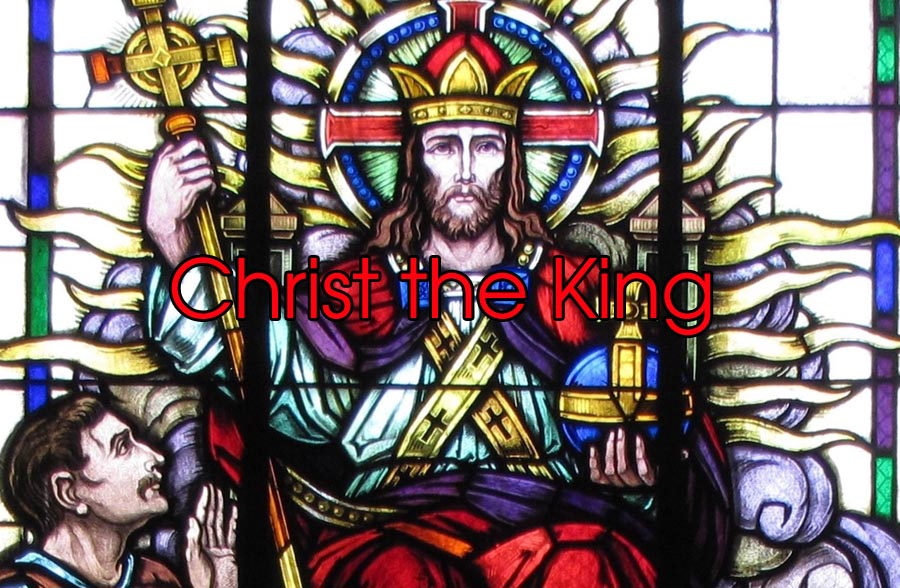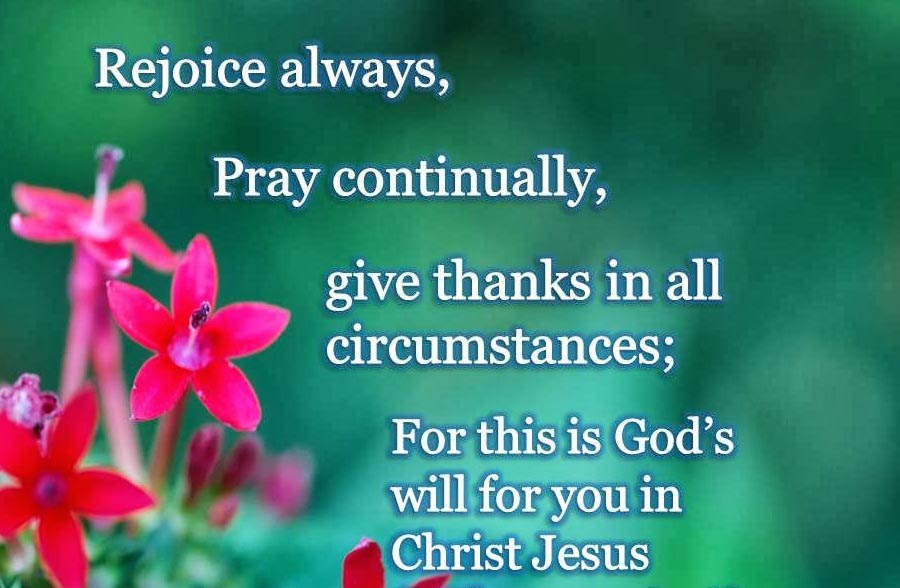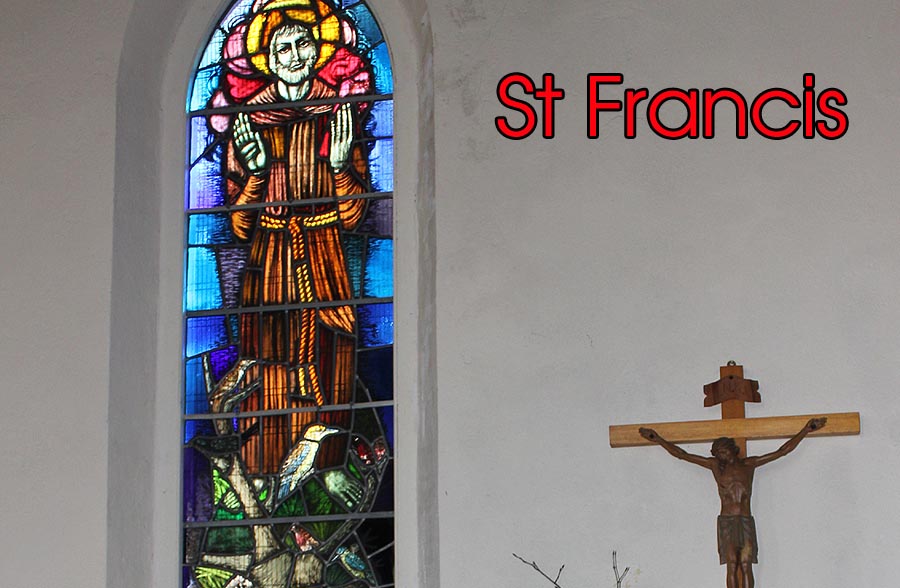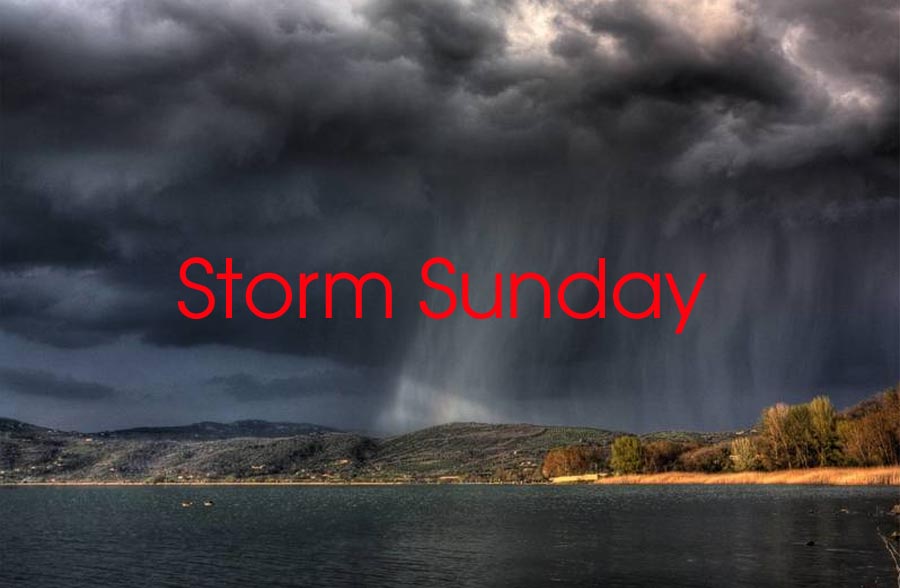Identity and Vocation
Identity and vocation are both central to the meaning of our lives. They are answers to the question: “Who are you?” We search for answers to that question as our self-awareness and maturity develop. I imagine Jesus had a similar search, leading him at the age of 30 to the moment of full commitment which we saw in his baptism. If we look at the gospels of Matthew and Luke from Jesus’ birth to his baptism, there’s a lot about the identity and vocation of Jesus: the wise men identified him as King of the Jews in Matthew’s gospel, and in Luke’s gospel he was circumcised after the eighth day in accord with his Jewish identity, and named with “the name given by the angel before he was conceived in the womb”. At his presentation in the temple, Simeon and Anna show their prophetic awareness of his vocation. Then Jesus at the age of 12 stayed behind talking with the teachers in the temple and spoke of his awareness that he must be in his Father’s house. At his baptism, the voice from heaven named him as Beloved and Son, and in last week’s gospel John the Baptist described Jesus’ vocation as the Lamb of God, and the one who will baptize with the Holy Spirit. Today the start of his ministry is described, the tangible outworking of his vocation, and Matthew links it to Isaiah’s prophecy about a great light dawning for people living in darkness and the shadow of death. No pressure, Jesus, named by an angel with a word that means Saviour, and called to fulfil such significant prophecies! Judging by the Scripture passage he chooses for one of his early sermons, Jesus may well have based his own self-awareness and sense of calling upon the passages in Isaiah that we call the Suffering Servant Songs. Spong explores this insight in his book This Hebrew Lord, one of his less controversial books.
Our identity is seen in how we tell our stories, how we name and describe ourselves, and the insights others have about us. “Naming” is a key function of self-awareness and empathy with others, which go hand in hand. If we don’t bring feelings and issues to awareness by naming them, we may find ourselves sabotaged by psychological states we don’t understand. We also risk bringing distortions into our interactions with others. Vocation is often sensed as a strong urge to pursue a particular life direction, a calling that comes both from within and beyond us. Gregg Levoy, in a book called Callings: Finding and Following an Authentic Life, says: “Saying yes to the calls tends to place you on a path that half of yourself thinks doesn’t makes a bit of sense, but the other half knows your life won’t make sense without. This latter part, continually pushing out from within us with a centrifugal force, keeps driving us toward authenticity, against the tyranny of fear and inertia and occasionally reason, against terrific odds, and against the knocking in our hearts that signals the hour.” I imagine Andrew, Peter, James and John had a similar experience in our gospel today. As they left their nets and boats behind, I’m sure they felt drawn towards authenticity, the authenticity they saw in Jesus and wanted for themselves. Surely though, a part of them looked back at the familiar and economically sensible life they were leaving, and wondered if this sudden impulse made sense. People explore naming and calling in Clinical Pastoral Education groups in which I supervise. Participants are encouraged to tell their story, to name their feelings and issues, and to encourage those they meet in pastoral encounters to do so too. Participants are also asked to reflect on what they discern about their calling, and to share any affirmations or insights. “Naming” involves acknowledging our awareness of the characteristics, gifts and shadows that are ours; following a “calling” means accepting responsibility to become who we can be, and to do what we can do.
This is what Jesus experienced in the archetypal spiritual experiences that began his ministry. The words that God says to him as he emerges from the waters of baptism are both a naming and a calling: “This is my Son, the Beloved, with whom I am well pleased.” Jesus might have asked himself: “What does it mean to be a child of God? If I am to respond to God’s love and affirmation, what direction do I take to fulfil that potential, and to share that gift of God’s positive regard?” The testing in the wilderness is part of the reflection and prayer needed for Jesus to discern the shape and shadows of his identity and vocation. The temptations were to give in to egotistical substitutes for the role of suffering servant, and such a surrender to self-interest would have distorted his nature and purpose. Yet God’s naming of Jesus in the baptism precedes this testing, and is a remarkable unconditional statement of love and acceptance, before Jesus has any achievement to show to win God’s favour, before he has faced and rejected temptation, or begun his ministry, or shown his courage in speaking out, or endured suffering and death. If only we could all fully believe that we are beloved children and that God is pleased with us, what empowerment might we receive to live into our best selves and so serve God’s kingdom? What strength might we draw on to face our own shadows and temptations?
All too often we diminish our potential by being overcome by a sense of inadequacy or unworthiness. If we ask ourselves the classic question, “What would Jesus do?” we often set before ourselves an impossible ideal. It’s important not to idealize Jesus out of his full humanity and into superman status. Jesus’ ministry began with a retreat, both a spiritual retreat in the wilderness, and a tactical retreat into Galilee. Matthew says Jesus heard that John had been arrested and he “withdrew” into Galilee. Sometimes I castigate myself for lacking the nerve to stand my ground in the face of conflict. I find the fallibility of the disciples and the humanity of Jesus encouraging in that dilemma. Jesus made choices whether for safety or for silence: he withdrew, into Galilee, or into Tyre and Sidon, up a mountain, away from a hostile crowd, across the lake. He asked people to keep the secret of his identity as Messiah and his vocation as healer. Yet even so his fame spread, and what his wilderness time taught him was that fame was dangerous, and so was the desire to seek power for its own sake. Jesus questioned the desire for power in his disciples, especially James and John. Success was stressful for his disciples as well, with times when they didn’t have time to eat, and demands for feeding or healing that they felt they couldn’t meet. His apparent failure and death were even more of a challenge for those he had called to share his ministry: most of his disciples deserted him and fled. Are we equally afraid of where our Christian calling might lead us and what choices we might have to make?
How did the disciples experience the naming and calling that resulted in their following Jesus? For Simon there was a new name which challenged him to become the rock that Jesus named him to be. Eugene Peterson calls him “Rocky” which picks up the insight that the strengths we name in ourselves or have identified for us by others often have their shadow side. Peter was definitely “rocky” at times, denying Jesus when it came to the crunch, tending to leap in both literally and figuratively, and then, in fear, sink like a stone. Yet even after Peter’s failures of nerve, or foot in mouth episodes, Jesus continued to affirm him as the leader he later became. Jesus offers us that unconditional affirmation as well, but also the chance to name our shadows. Through Jesus, we are the Beloved children of God, forgiven and affirmed. Jesus doesn’t ask Peter “Why did you deny me?”; he asks him “Do you love me?” It’s in answering that question that we continue to discover who we are.






